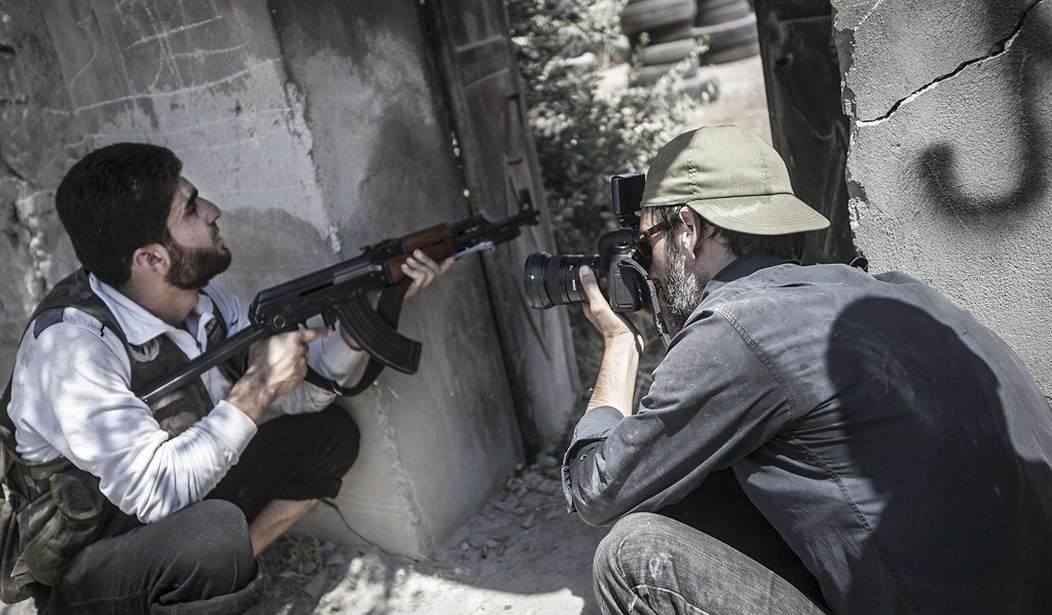On June 28, 1914, Serbian ultra-nationalist Gavril Princip assassinated Austro-Hungarian Archduke Ferdinand in Sarajevo, Bosnia. Police quickly arrested Princip and the rest of a ragtag band of Serb terrorists who had come to the Balkan city to provoke hate and create chaos.
Terrorist is an accurate description -- and one with dangerous resonance for June 2014.
Rumors tore through Europe like wildfires, via telegraph. A planet-circling network of undersea cables transmitted the rumors worldwide. The Austrian government was absolutely certain the terrorists had direct links to Serbian government officials in Belgrade.
Hot rumors spurred by cold-blooded murder deserve skepticism. However, in June 1914, the rumors had, literally, a "colonel" of truth. Serbian Army Colonel Dragutin Dimitrijevic had given the terrorists weapons. Dimitrijevic was also a senior member of the Black Hand, a covert Serb radical nationalist organization with connections to other anarchist and terror movements.
In 2014, Commissar-Czar Vladimir Putin's Kremlin operatives supply ethnic Russian guerrilla bands in eastern Ukraine with money, guns and propaganda. 2014's impassioned rumors move at light speed, though no one needs a telegrapher. Today you can do it yourself via cellphone.
In 1914, Serbian Slavs were the staunch Balkan allies of imperial Slavic Russia -- the Romanov Czar's empire. When the Ottoman Turkish Empire (the sick man of Europe) withdrew from Bosnia in 1908, Austria seized the region and made it Habsburg territory. Angry Serbians demanded that Bosnia's ethnic Serb regions unify with Serbia.
In 2014, European Union peacekeepers in Bosnia try to enforce the 1996 Dayton Accords. That agreement was a late 20th-century attempt to stabilize multi-sectarian Bosnia. Peacekeepers pay particular attention to the Republika Srpska, one of Bosnia 2014's two "political entities." The statelet is an ethnic Serb enclave; its more vocal residents advocate unification with Serbia.
Recommended
In 1914, well aware of ethnic Serb demands and Belgrade's aims, Austro-Hungarians connected the hideous assassination to Serbian ethnic and territorial aspirations.
The stage was set for a Third Balkan War, with this conflict pitting the Habsburg Empire, a European Great Power, against Slavic Serbia. Would Russia, another Great Power, defend its Slavic brother?
From 1911 to 1913, three little wars had involved the weakest of Europe's Great Powers, the Ottoman Turkey. The First Balkan War (1912-1913) and the Second Balkan War (1913) receive the most historical attention. In the First Balkan a shaky alliance of Balkan states attacked European Turkey (Macedonia and Thrace), and then divided the spoils. The Second Balkan pitted an aggrieved Bulgaria against its former "Christian" allies. Bulgaria lost territory. The Ottomans recovered a slice of Thrace.
The Turco-Italian War of 1911-1912 is the forgotten war in the series. Italy, an aspiring Great Power and would-be colonial power, seized Turkey's last North African province, what we now call Libya. The Ottoman Sultan was also Sunni Islam's Caliph, at east notionally the "successor" leader of all Sunni Muslims. To secure Arab and Berber tribal allies for the weak and isolated Ottoman units defending Tripoli, Benghazi and other coastal towns, the Caliph invoked Muslim solidarity. The Sultan-Caliph did not declare "jihad" in the al-Qaida-influenced sense, but the tribal warriors knew they were fighting infidels.
In March 1924, Turkey's post-World War One secular and nationalist revolutionaries abolished the Caliphate. Turkey's modernizers argued that the Caliphate was not a spiritual institution, but a corrupt, deceitful and denigrating propaganda tool for controlling the highly political, self-interested Sultan's faithful Arab Muslim subjects.
In 2014, the Islamic State of Iraq and the Levant has proclaimed jihad in Syria and Iraq. The ISIL wants to re-combine political and religious rule. Re-establish a global Sunni Muslim Caliphate. The ISIL's pitch is utopian. The ISIL's Caliphate will secure God's favor, and Muslims will rule the world -- Muslims led by the ISIL's political, self-interested commanders.
In summer 1914, political instability, institutional decline, fear and bitter grievance gripped Europe. In 2014, the same afflictions vex the globe. Perhaps World War One isn't over; it is just entering another phase.

























Join the conversation as a VIP Member